Victoria A. Farrar-Myers Distinguished Chair

| Home Institution | The University of Texas - Arlington |
|---|---|
| Host Institution | Flinders University |
| Award Name | Fulbright-Flinders University Distinguished Chair in American Political Science (sponsored by Flinders University) |
| Discipline | Political Science |
| Award Year | 2013 |
“The 21st Century world is rife with challenges ranging from globalization, a world fiscal crisis, and problems and issues that defy traditional boundaries. Further, as a world of nations, we are confronted with the necessity to cross-collaborate and create opportunities to foster innovation and growth.”
Professor Victoria A. Farrar-Myers, Professor in Political Science and Distinguished Teaching Professor with The University of Texas-Arlington is the 2013/14 Fulbright Flinders University Distinguished Chair. Through her Fulbright, Victoria will come to Flinders University in Adelaide to undertake research into executive foreign policymaking with a particular emphasis within the Pacific Rim.
“I will address the overall question of how do the constraints posed by past commitments, institutional structures, and current political dynamics dictating internal political contexts affect the development and pursuit of foreign policy by the respective heads of government within Australia and the United States, both as individuals and institutional actors,” Victoria said.
“My research project will contain several interrelated aspects. The primary theme of my research will be a comparative focus on the power, authority, and constraints of the U.S. president and Australian prime minister in foreign relations. I will explore this theme from both intra-state (i.e., within country) and inter-state (i.e., external relations) perspectives.”
“Perhaps most importantly, and an aspect about which I am most excited, this research will enable me to explore these issues within the context of U.S. and Australian policy with and involving China; thus, allowing me to take advantage of and contribute to Flinders University’s recently created Centre for United States and Asia Policy Studies.”
Victoria has a BS in Political Science and Public Administration from Russell Sage College; an MA in Political Science from University of Illinois, Urbana-Champaign; and a PhD in Political Science from State University of New York at Albany. She has won awards and prizes including the Regents’ Outstanding Teaching Award, The University of Texas System; being a National Finalist, Citizen Service Before Self Honors, The Congressional Medal of Honor Foundation; and an American Political Science Association Congressional Fellowship. Her interests include the American presidency, executive politics and foreign policy, and institutional development.

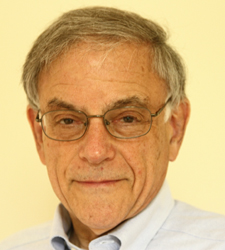
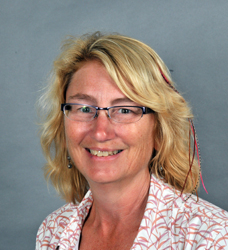
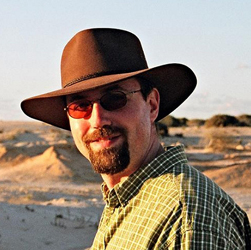
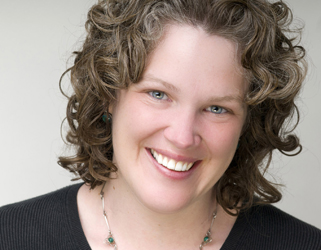
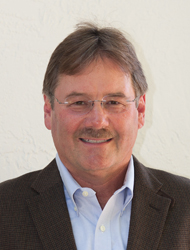

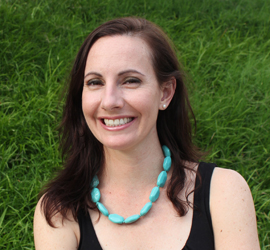
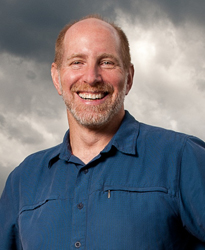

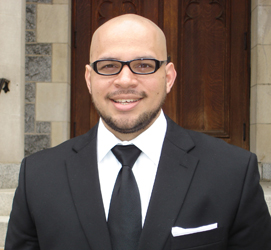
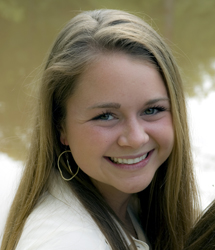















 Facebook
Facebook Twitter
Twitter Linkedin
Linkedin Instagram
Instagram